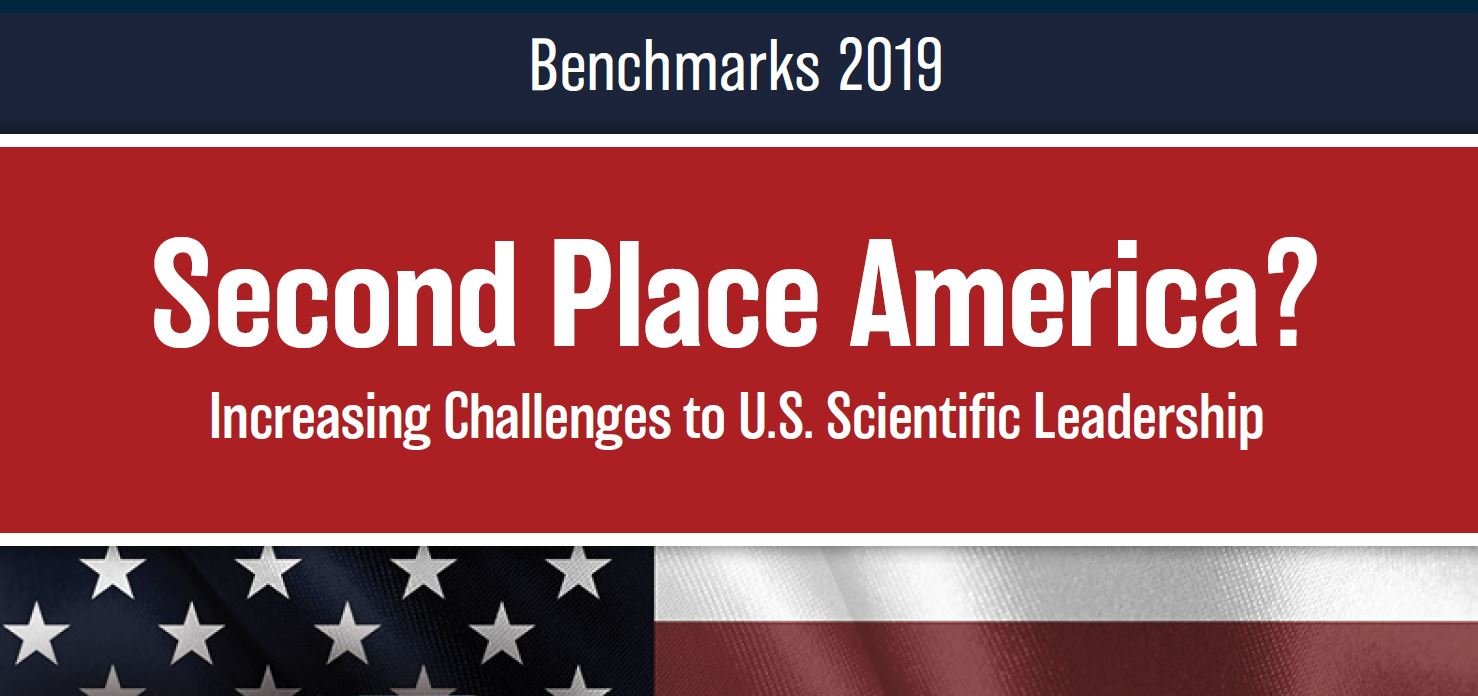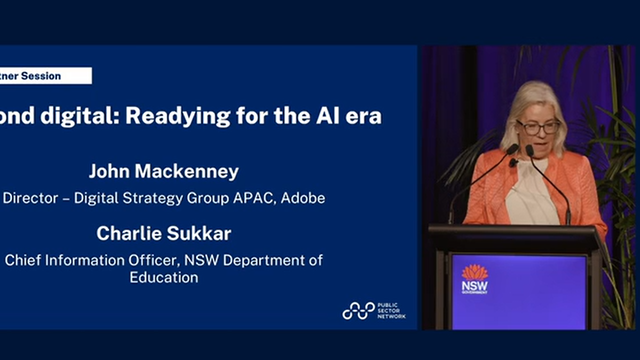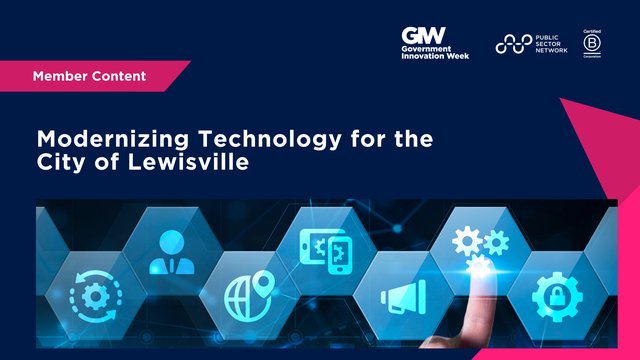Task Force on American Innovation
REPORT COMMITTEE
Tobin Smith, Co-Chair
Association of American Universities
Brian Mosley, Co-Chair
Computing Research Association
Kimberlee Eberle-Sudré
Association of American Universities
Matt Hourihan
American Association for the Advancement of Science
David Parkes
American Association for the Advancement of Science
Sarah Rovito
Association of Public and Land-grant Universities
Amy Scott
Association of American Universities
Samiksha Shetty
Association of American Universities
Katie Steen
Association of American Universities
May 2019
https://creativecommons.org/licenses/by/4.0/
Reference:
http://www.innovationtaskforce.org/wp-content/uploads/2019/05/Benchmarks-2019-SPA-Final4.pdf
The United States has a rich history of global leadership in science and technology. Much of this success is due to the unique partnership between the federal government, universities, and private industry.
However, America’s competitive edge is now at stake, as China and other countries are rapidly increasing investments in research and workforce development in order to assume positions of global leadership.
Maintaining America’s global leadership status is critical to national security as well as to future economic growth and prosperity. But there is an indication of a lack of federal commitment to scientific research programs at agencies, such as the Departments of Defense (DOD) and
Energy (DOE), National Science Foundation (NSF), National Institutes of Health (NIH), National Aeronautics and Space Administration (NASA), and the National Institute of Standards & Technology (NIST). This lack of commitment could lead to decreased economic competitiveness as well as negative impacts on our domestic workforce and industries.
In order to sustain global leadership, the U.S. needs to capitalize on its tremendous assets and make technological pre-eminence a national priority. This can be achieved through the development and execution of a competitive strategy that includes increased funding for scientific research and human capital development, targeting investments in new programs to grow, attract, and retain domestic and international STEM talent.

































